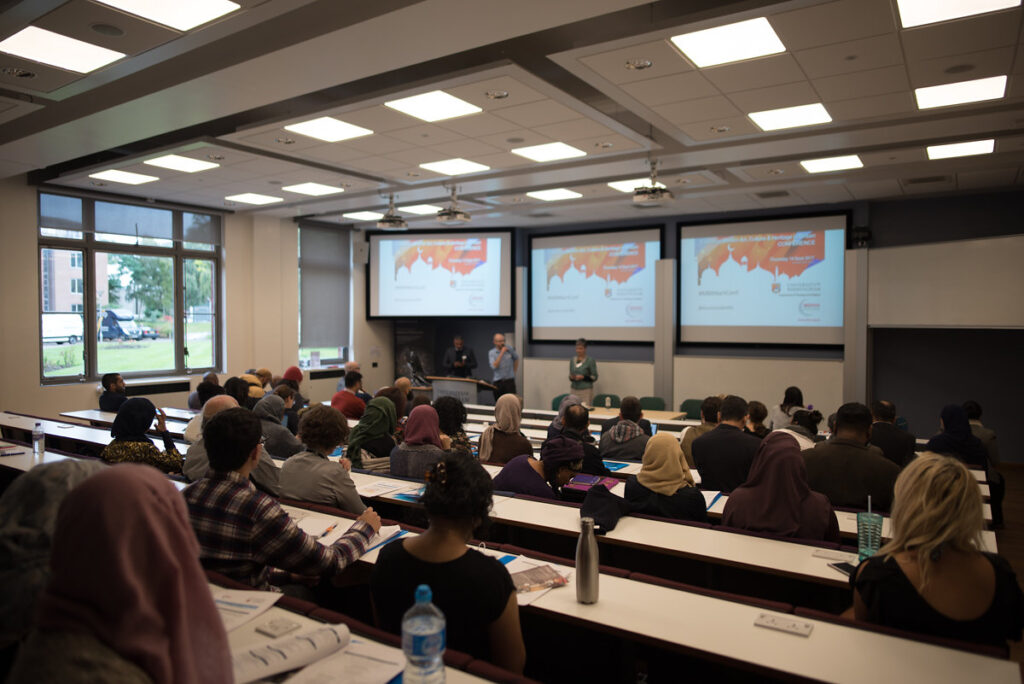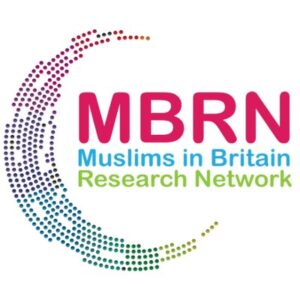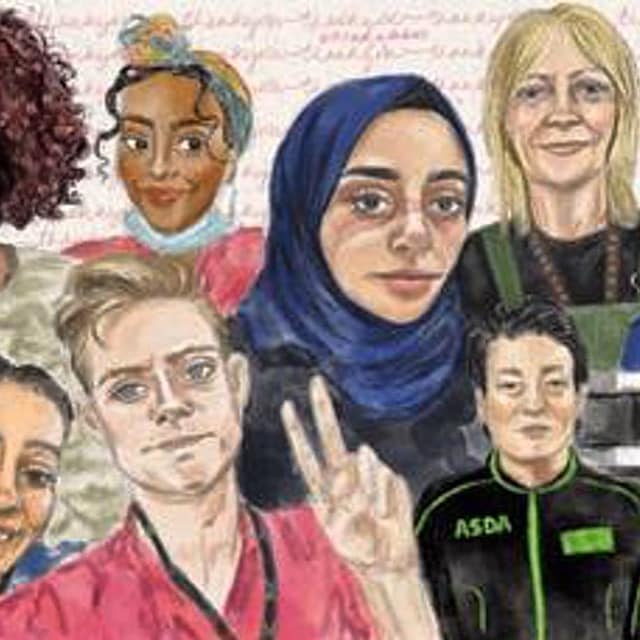Welcome to the Muslims in Britain Research Network (MBRN)
Promoting the multidisciplinary study of Muslims in Britain among academics, researchers, and professionals
The Muslims in Britain Research Network (MBRN) was established by a group of academics in 1992 to encourage and promote the scholarly study of Muslims and Islam in Britain. Its main aims are to promote and share academic research in the field of British Muslim Studies and to build connections between academics, students, professionals, researchers, journalists and community members from all backgrounds with an interest in this subject.
The Muslims in Britain Research Network (MBRN) was established in 1992 by a group of academics led by Professor Jorgen Nielsen, to promote the scholarly study of Muslims and Islam in Britain. The network aims to foster multidisciplinary research and build connections among academics, researchers, activists, professionals, and community members interested in the study of Islam and Muslims in Britain. MBRN organizes conferences, workshops, and seminars to share research findings and discuss various aspects of Muslim life in Britain.
Our conferences have explored various topics, all of relevance to diverse British Muslim communities and always in collaboration with non-academic partners. Our conferences have focussed on topics such as Islam and Leadership, British Muslims and Poverty, Muslim responses to Covid and Islam and Peaceful Relations. The network also maintains a mailing list and social media presence to keep members updated on recent research, events, and opportunities for collaboration.
MBRN’s chairs have all been leading figures in the study of Islam and Muslims in Britain – Professor Jorgen Nielsen, Professor Ron Geaves, Professor Sean McLoughlin, Professor Alison Scott-Baumann and Professor Sophie Gilliat-Ray.

Upcoming Conference


We look forward to welcoming academics and practitioners at the conference Muslim Converts in Britain and Beyond: Transitions and Transformations, which takes place on Thursday the 9th of January 2025 at Cardiff University. Registrations have now closed.
Please check the timetable and relevant information by downloading the Programme.
If you have any questions, please don’t hesitate to email us at MuslimsinBritainRN@gmail.com.
Connect with MBRN’s mailing list
The MBRN mailing list exists so that members may share their recent research and activities, ask questions about research issues, put ideas forward for evaluation, and participate in discussions.
To join the mailing list, please visit the MBRN JISCMail page and click on the ‘Subscribe or Unsubscribe’ button. Please make sure to include a short statement about yourself in order to establish eligibility to join the Network.

